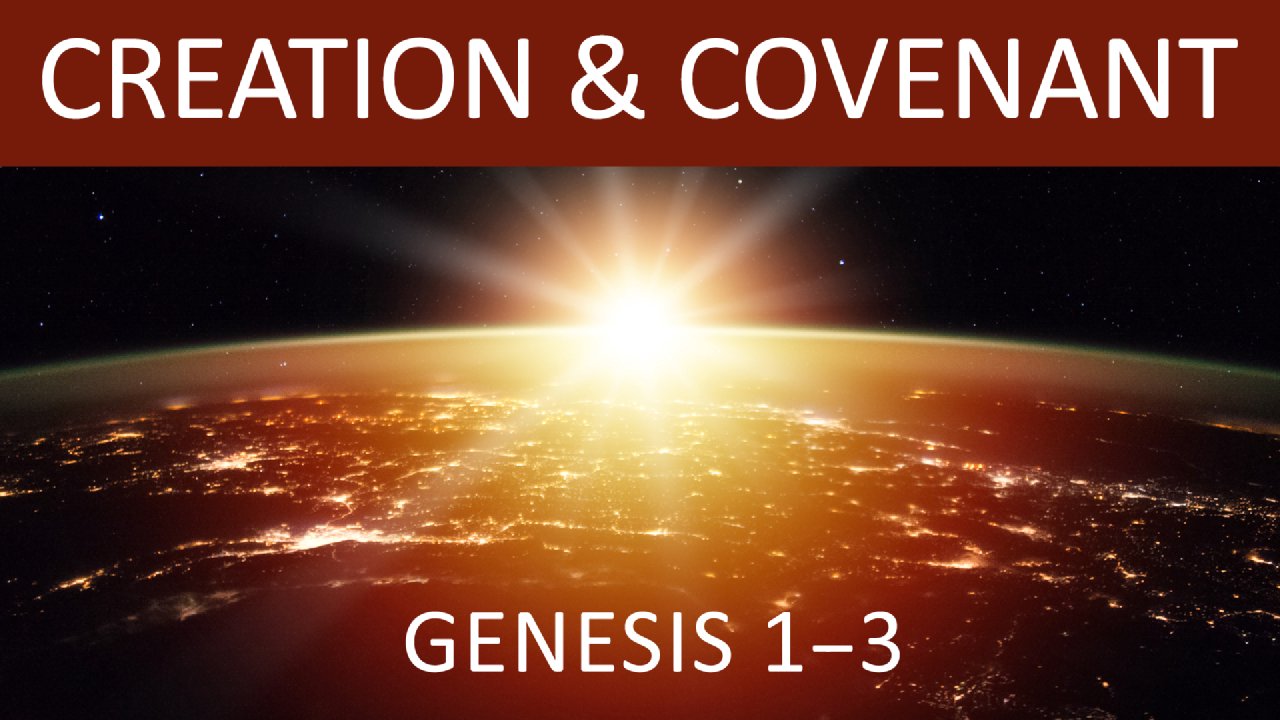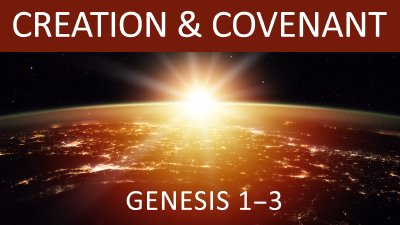Heaven is a place like earth. Have you heard that (sung) before? In some ways, it is exactly right. God made man for the earth, and one day, when death is dead and sin is no more, he will remake the heavens and the earth, so that we spend eternity with him on a glorified earth.
At the same time, earth is a place like heaven. Or it should be. God made the world to reflect the glory of heaven, and redemptive history was always aimed to bring God’s image bearers into his heavenly presence. Think Moses, Isaiah, and Paul. Each of them were given visions of heaven—a reflection of what is to come!
In Christ, a man would finally come into God’s heavenly throne room. And more incredible: He would stay!
Going back to the beginning, God had always came down from heaven to the earth. But finally, in Christ, God raised a man—the God-man—into his presence when he ascended in Acts 1:9-11. Indeed, the whole Bible tells a story of heaven and earth. And this Sunday we are going to begin to look at that story as we study Genesis 1:6–8.
In these three verses, we find the separation of heaven and earth, a separation that sets the context for the story of joining heaven and earth in Christ. Indeed, this is what we will see on Sunday.
To prepare for this message, take time to read Genesis 1:6–8 and then think about all the places in Scripture where heaven is discussed. Consider what the heavens look like and spend time in Job 36–37 reading about what God says about his heavens. Too often we ignore God’s testimony about the heavens we see, and on Sunday we are, by God’s grace, going to learn about what God says about the heavens that stand above our heads and under God’s feet.
As the Lord allows, I look forward to seeing you on Sunday.
For His Glory and your joy in Christ,
Pastor David
----------------------------------------------------------------------------------------------------------
Discussion & Response Questions: Genesis 1:6–8
What is heaven? And where is it?
What is the difference between heaven (where God dwells) and the heavens (what we see)? Is the word different, or the idea?
What is the relationship between God’s heaven and the heavens above us? Cf. Jeremiah 10:11-13; Isaiah 40:21-23; Psalm 102:25–27; Psalm 104:1–5; Job 37:1–14.
How do these passages change the way you think of heaven and the heavens?
Could you explain how the cosmos is a three-story house? Where does Scripture explain this?
What is the relationship between heaven, the temple, and the cloud? Where do we see the cloud of God coming to earth?
What do the clouds represent? How does understanding the glory of heaven inform your understanding of the world?
How does a proper understanding of heaven and the heavens inform scientific inquiry?
What does the creation of the heavens do in the story of salvation?
What does this study of Genesis 1:6–8 teach us about God? About the Bible? About how to see the world God has made?






